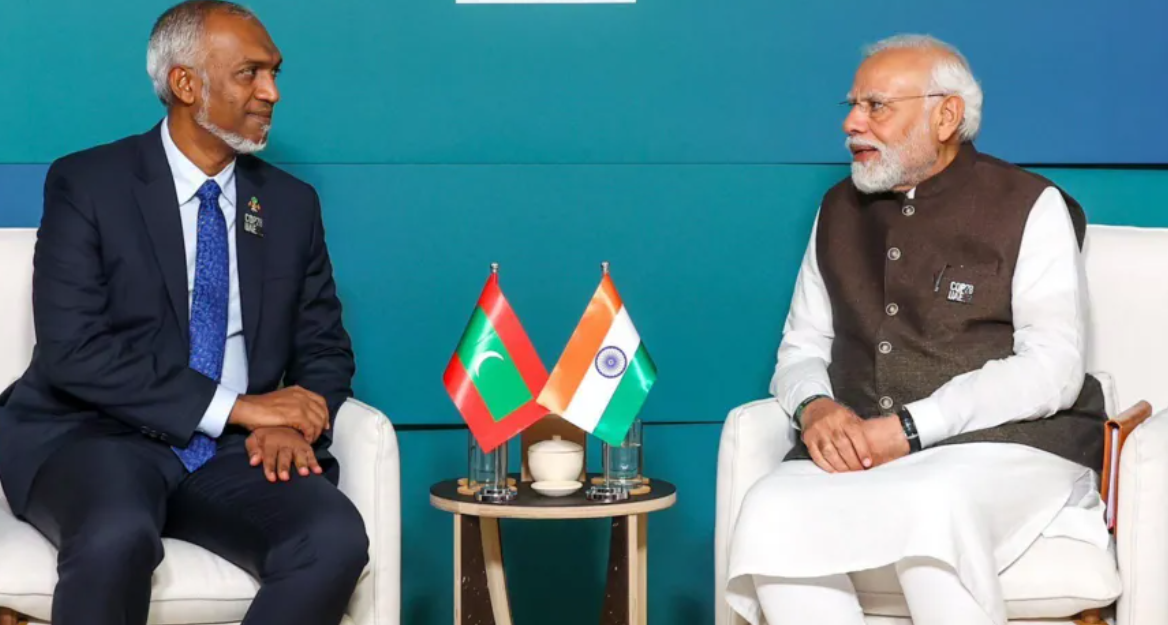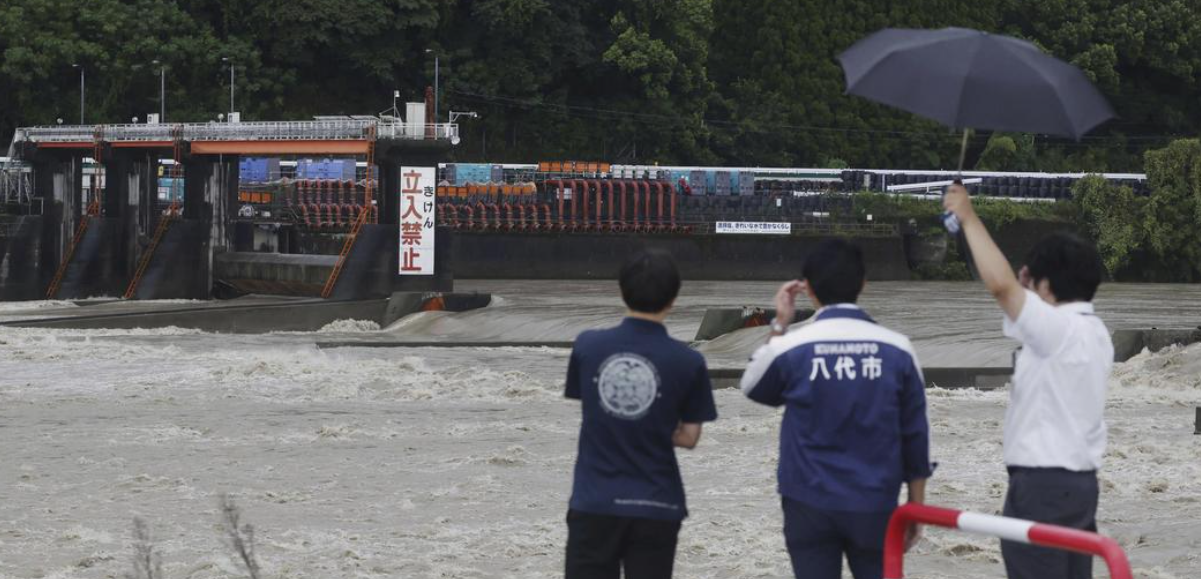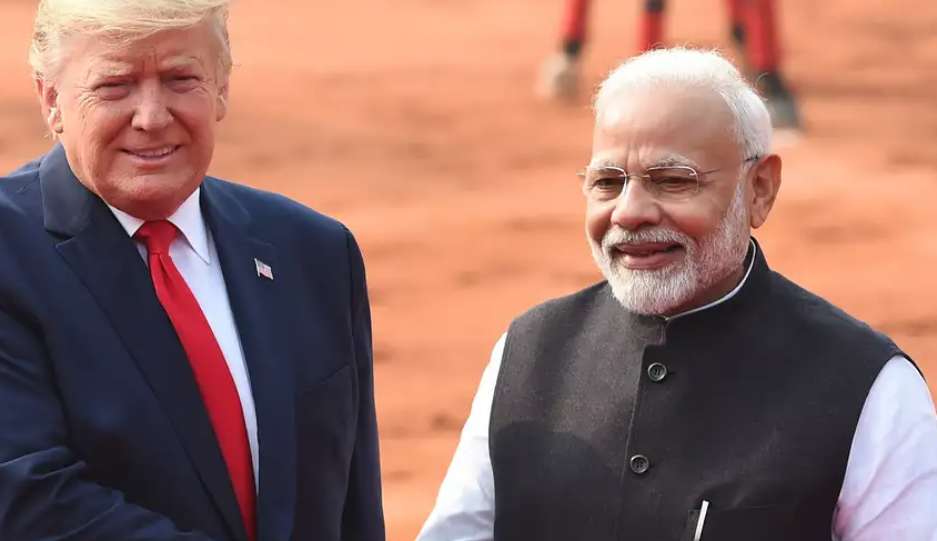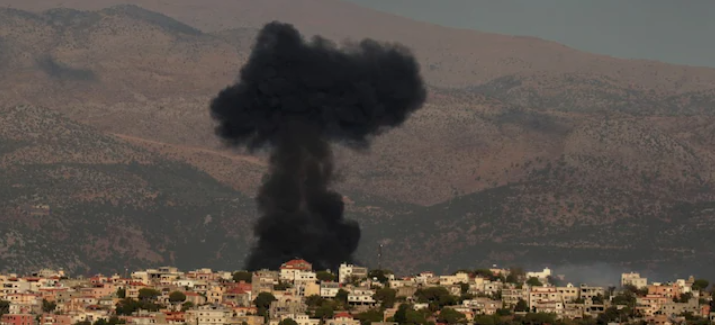Maldives President Mohamed Muizzu is set to visit India this week, hoping to secure a financial bailout as the island nation faces an economic downturn and the looming threat of debt default. This is Muizzu’s first official bilateral visit since taking office late last year, following a campaign that advocated for reducing India’s influence, commonly referred to as the ‘India Out’ policy.
The Maldives’ economy is on the brink, with foreign exchange reserves standing at just $440 million in September, barely enough to cover one-and-a-half months of imports. A recent credit downgrade by Moody’s further exacerbated concerns, warning of rising default risks. Experts believe that Muizzu’s visit signifies the Maldives’ need for India’s economic assistance despite past tensions.
While official confirmation is pending, it’s widely speculated that a financial package, including a $400 million currency swap deal, will be a key agenda item during the visit. Such aid would help the Maldives bolster its depleting foreign reserves, easing pressure on its economy.
Shifting Diplomacy: From China to India
Muizzu’s choice to visit Turkey and China before India raised diplomatic eyebrows, particularly as past Maldivian leaders prioritized India for their first official visits. His administration’s initial stance, such as an ultimatum for India to withdraw troops and the suspension of the India-Maldives hydrographic survey agreement, indicated a shift towards China. However, Beijing’s lack of immediate financial assistance may have pushed Muizzu to turn back to India, acknowledging the Maldives’ reliance on its larger neighbor.
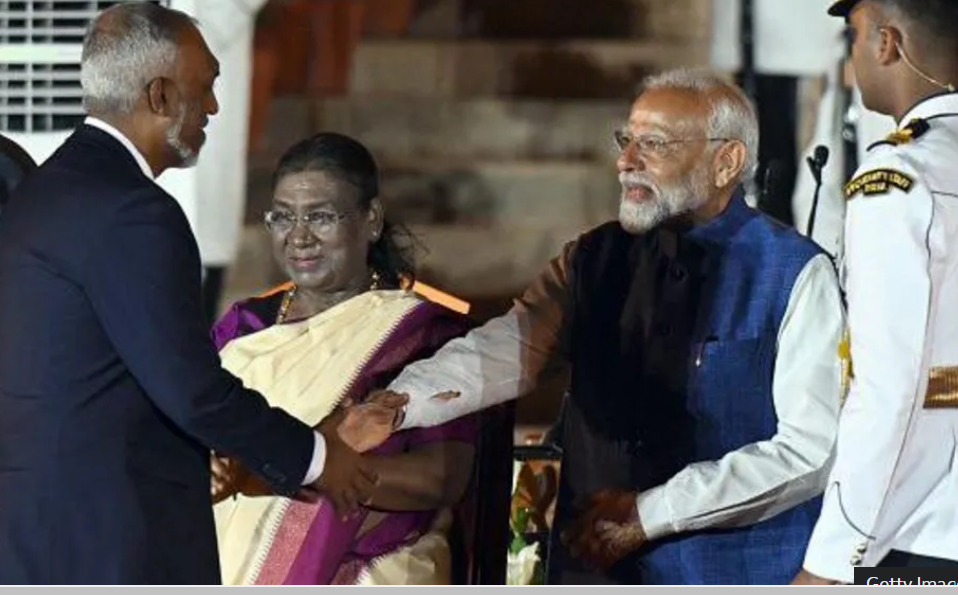
India’s Strategic Importance
India holds significant sway in the Maldives, not only because of its proximity but also due to its role in the archipelago’s food supply, infrastructure development, and healthcare. Additionally, India’s influence in the Indian Ocean, where the Maldives is strategically located, remains crucial for both nations. Muizzu’s administration has faced challenges, such as a dip in Indian tourist arrivals, costing the Maldives an estimated $150 million in revenue over the past year. Rebuilding this relationship is vital for economic recovery.
A Reset in India-Maldives Relations
Despite early controversies, such as derogatory remarks from Maldivian officials about Indian Prime Minister Narendra Modi, bilateral ties have started to thaw. Muizzu attended Modi’s swearing-in ceremony after his third-term victory, and Indian Foreign Minister S. Jaishankar’s visit in August helped restart positive dialogue between the nations.
For India, rebuilding relations with the Maldives comes at a crucial time, following changes in Bangladesh and Nepal that reduced its regional influence. The Maldives remains a cornerstone of India’s ‘Neighbourhood First’ policy, and maintaining strong ties benefits both nations.
Muizzu’s pragmatism in seeking India’s help reflects a recognition that antagonizing a powerful neighbor is no longer an option. His visit to India could prove pivotal in stabilizing the Maldives’ economy and ensuring the island nation avoids financial catastrophe.

